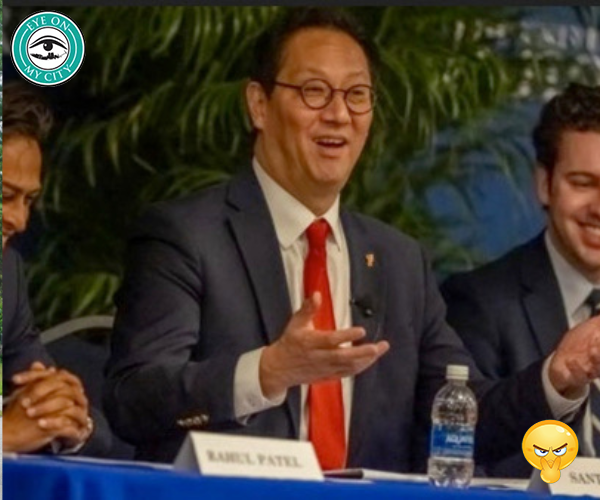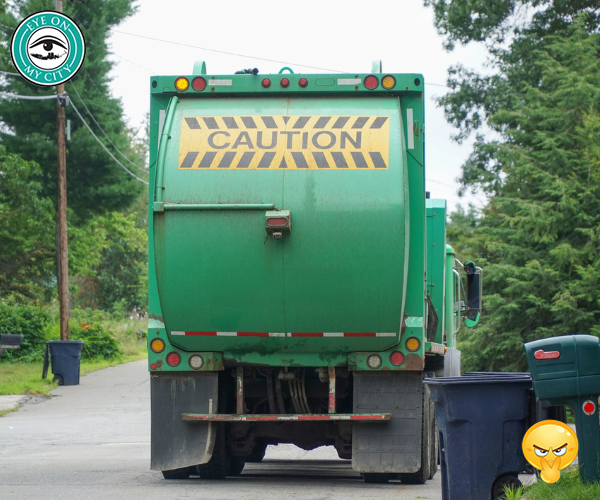
One of the things that happened to the newspaper business as it started down the path to oblivion was the creation of “investigative reporters.”
I never heard the term before the Watergate scandal, when the media succeeded in bagging a (Republican) president.
After that, everyone wanted to be an investigative reporter, like Bob Woodard and Carl Bernstein.
“Investigate” means:
“To observe or inquire into in detail; examine systematically. To make a detailed inquiry or systematic examination.”
I’ve always maintained that every reporter is, or should be, an investigative reporter and didn’t need an additional title in order to do the job.
A few of the stories I wrote while covering City Hall:
- A former politician getting a special deal on his pension.
- A city councilman creating a new zoning designation that mainly benefitted one of his closest supporters.
- A city councilman setting up one of his friends in business by getting the city out of the barricade business, then allowing his friend to get all the city’s barricades for virtually nothing and provide the business to the city for a profitable price.
These were just routine stories. They involved a little extra work but you didn’t have to be Dick Tracy to uncover the facts.
This week one of the local TV stations reported about Emergency Compensation Time city workers have been getting because of the Chinese virus.
It was a fairly routine story but the station put its “I Team” on the story (“I” for “investigative” I assume).
People could get the impression from the story that some kind of chicanery was going on but had been ferreted out by media detectives. But it didn’t allege that anyone was getting paid for work they did not do.
In fact, city employees get emergency pay all the time. The only difference is that it usually is paid for a week or less, as during a hurricane.
There never has been an emergency lasting many weeks.
This was the situation: Some employees were sitting at home, still drawing paychecks. Others were working, also getting their paychecks, but working extra hours in addition.
Some, such as police and fire employees, get overtime pay. That is listed as “emergency pay” in an emergency so that the city can get Federal Emergency Management Administration (FEMA) funds.
In addition, this time the city also is getting money from the federal government’s CARES act, a huge relief bill.
Those who will get the pay must log their time and the reasons for it on FEMA 214 forms.
Most of the time is going into “comp time banks.” Employees will get an hour of comp time (time off) for each hour worked. When they terminate employment they have several options, including being paid for the time. This is the same way unused vacation time is handled.
There is no extra pay going into employee’s paychecks, a city spokesman said.
Emergency comp time that is accrued in every state of emergency by essential employees was cut in half three weeks into the crisis for appointed staff, then stopped completely a couple of weeks after that. Only police, fire and union employees were still receiving this the last few weeks.
Most of the cost will be paid by the federal government, which of course is not free money. The federal government is borrowing the money, increasing the national debt dramatically.
City Councilman Matt Carlucci wants to re-examine the city’s procedures to see if they should be modified to take into account long-term emergencies.
That clearly is needed but city officials probably won’t ask employees, especially those that are not appointed, to work extra hours without some kind of compensation – and especially when others are not working but are still being paid.
Even when the federal government is not picking up the tab.










